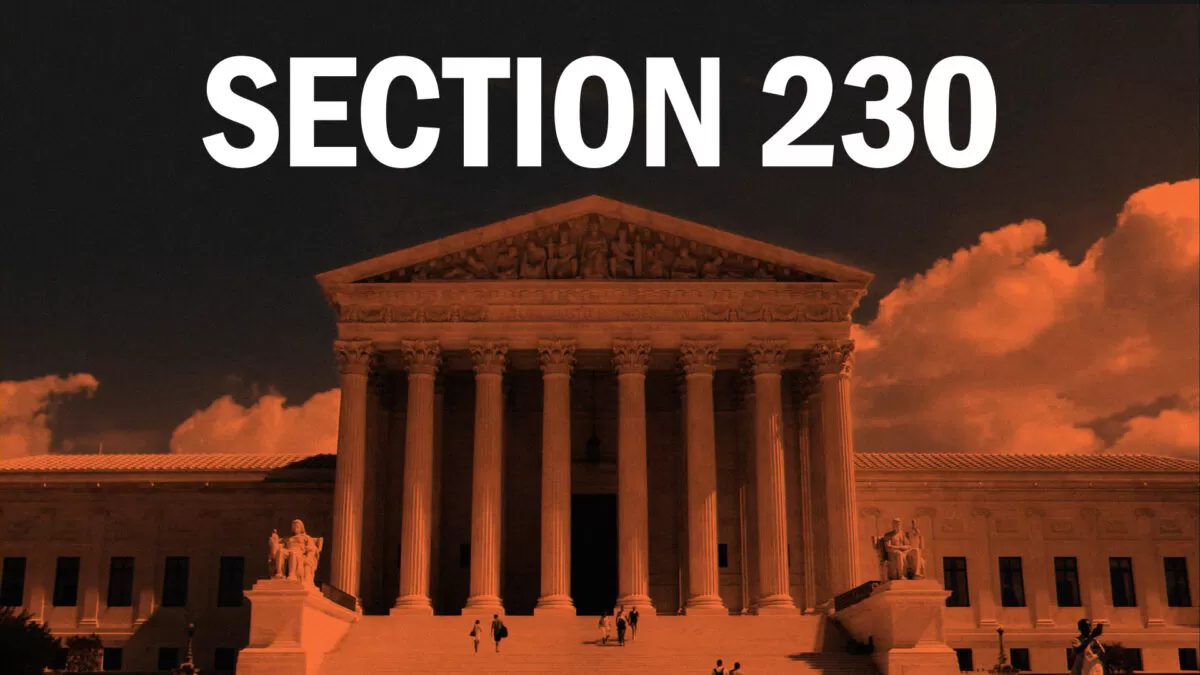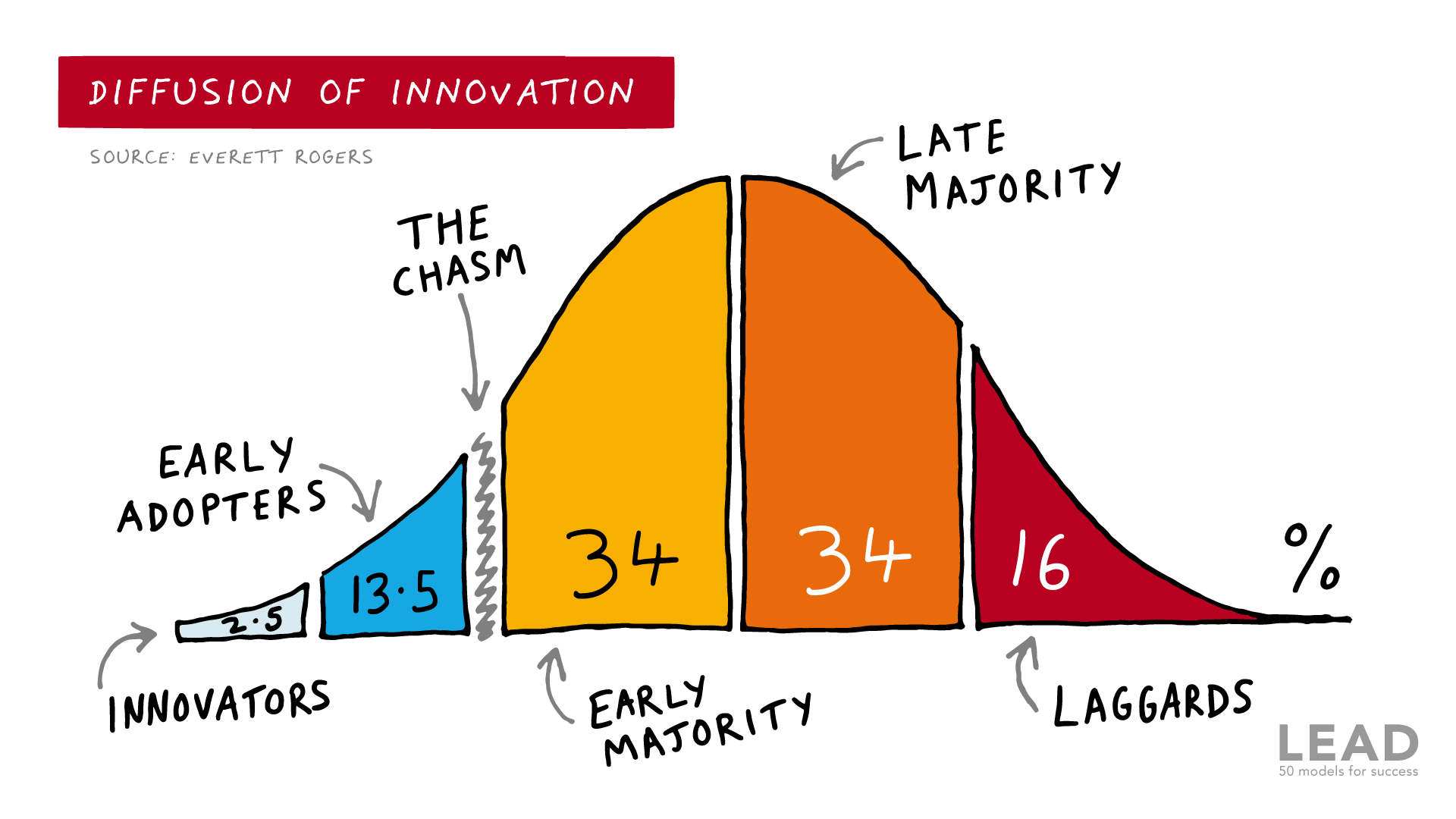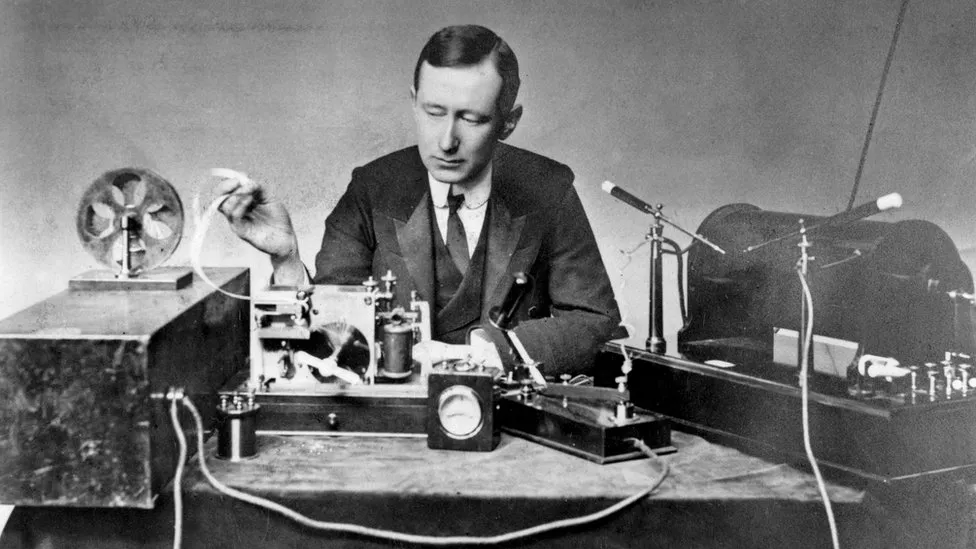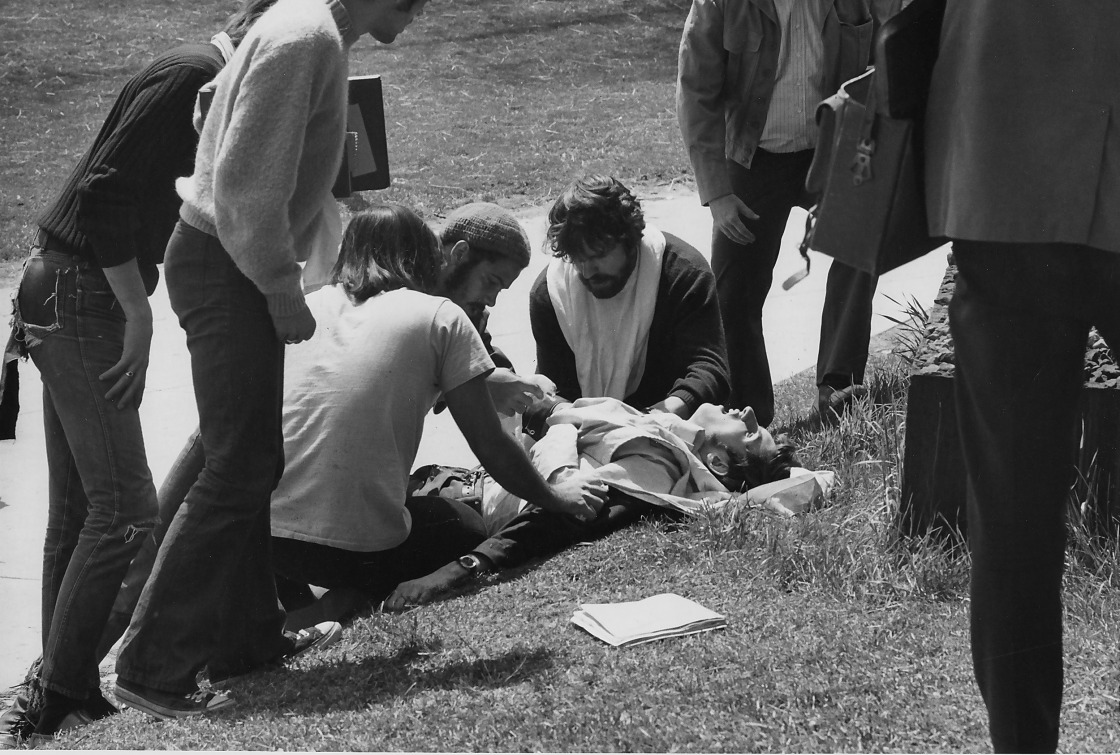The 1950s introduced us to a world-changing technological advancement. The inventor John McCarthy gave us the reference to Artificial Intelligence. This accelerated advancement has now been woven into our everyday lives. From being awakened by our smartphones to asking Alexa what the weather will be like for the day, AI is an actual simulation of human intelligence. AI provides a computer program the ability to think and learn on its own.
One of the most beneficial aspects of AI is that it can reduce errors and increase precision and accuracy in many different areas of life. In the workforce, Artificial Intelligence can work without needing a break. Human workers need breaks, require time off, and often become bored and overwhelmed with doing a job repetitively. With the use of AI algorithms, these machines can do the same job but do it with speed and efficiency that outworks people.
Another advantage of this technology is the AI Robot. A robot is able to do risky things like defusing a bomb, traveling to Mars, or even mining for coal. AI is also being used for digital assistance, is able to make faster decisions, and is even able to detect breast cancer at earlier stages using advanced technologies. The "cons" of AI are numerous and problematic in regard to the fact that technology is making humans lazy. Why work when a computer can do it for you? AI is replacing humans in the workforce and often causing some levels of unemployment. Artificial intelligence is excellent when it comes to efficiency, but there is nothing that can replace human connection. A machine can be programmed to work through a task, but there's no emotion if there's a personal issue. According to In the Age of AI, "Facebook and Google have been "casting their nets' to gain behavioral prediction to sell to consumers." This free service has cashed in on what we show interest in and what we buy and has taken these signals to collect our information. The more that the consumer uses the AI experience, the stronger the relationship becomes.
Artificial Intelligence has been used for national security on a variety of levels. One of the most intense forms is presently being used in China. AI is used for surveillance, where cameras are used on a constant basis to monitor and detect people through facial recognition. According to the Age of AI video, "China has a grand scheme to extend their control across the world." 2014 introduced "The Belt and Road Initiative." It is an attempt to create political leverage. The goal is to sell cameras worldwide to inflict control over citizens.
After having viewed the "Age of AI video," I am much more aware of just how much I am influenced by AI. After having watched the "Age of AI video," it's a bit unnerving to actually be educated and informed on just how much our lives are affected and controlled by AI. I believe that knowledge is power, and the more informed we are as consumers, the more we will know how to protect ourselves.










:format(webp)/cdn.vox-cdn.com/uploads/chorus_image/image/55446685/72959794.0.jpg)




.jpg/500px-Googleplex_HQ_(cropped).jpg)





